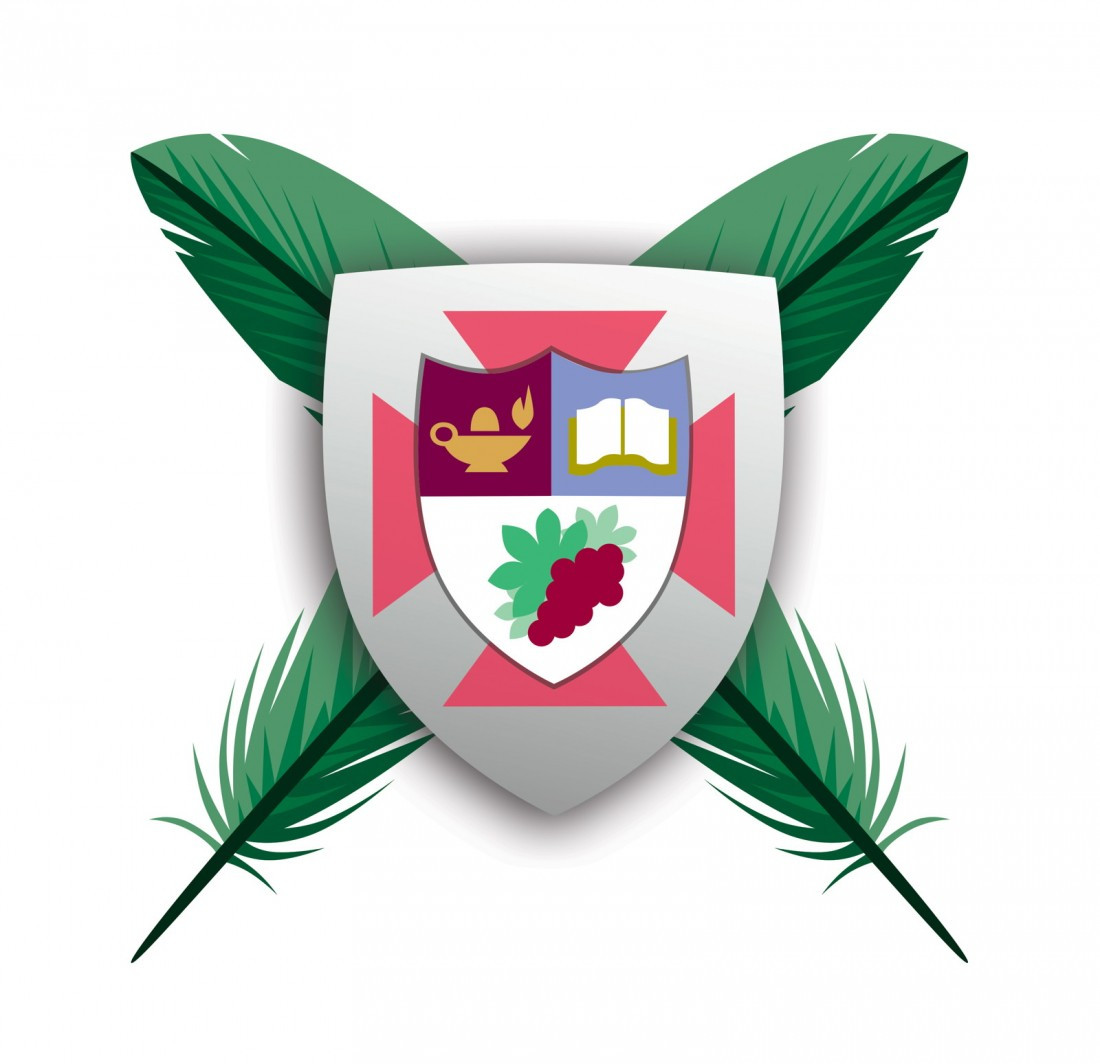Learning reconciliation
Indigenous course requirement is a step in the right direction
Some University of Manitoba student reps recently sat down to discuss how the U of M could better support indigenous students at the school. They talked about a possible indigenous course requirement, and one participant said the idea would be unpopular among both faculty and students. Those who oppose the requirement argue that it would take away from their specified education and would be a waste of money.
Even though indigenous education should be the responsibility of elementary, middle and high school systems, there should still be an indigenous course requirement at higher level institutions. In order for reconciliation to happen, students at all levels of schooling need to learn the true history of Canada’s relationship with indigenous peoples.
Those who have benefited from the privileges of life in this country need to understand that Canada was built on a treaty relationship between the Crown and indigenous peoples. Canada’s history with indigenous people is not pretty. If we want to work towards a better future together, we need indigenous, non-indigenous and newcomer Canadians to recognize the effects that colonialism has had on indigenous people.
The University of Winnipeg has a special opportunity with its plans to “indigenize” the institution. The indigenous course requirement, which has been approved in principle, would make it mandatory for students to take at least one course or three credit hours related to indigenous issues in their degree.Though university officials are still figuring out how to implement the requirement, it is definitely a step in the right direction.
It is important for people who are going to be leaders of this city to understand some of the history of colonization, the intergenerational effects of residential schools and the treaty process. This will help in bringing together solutions and understanding in order to fix some of the injustices that indigenous people have faced since this country was founded.
There is nothing more important than building a society in which people can function on a day to day basis without being discriminated against. A lot of the problems that indigenous people face are systemic in nature and will require help on a policy level, but more importantly on a relationship level. There are opportunities for both indigenous and non-indigenous people to learn from each other.
With indigenous people being the fastest growing population in this province, there has never been a better time to do that than right now.
The best way that we can warm students and faculty up to the idea of an indigenous course requirement is by creating relationships. Cross cultural education is something that we should be striving for if we want to create a city, province, and country that is truly inclusive.
The University of Winnipeg has the opportunity to lead the country in that direction.
Lenard Monkman is a father, community organizer involved with Aboriginal Youth Opportunities, and student at the University of Winnipeg.
Published in Volume 70, Number 3 of The Uniter (September 24, 2015)







